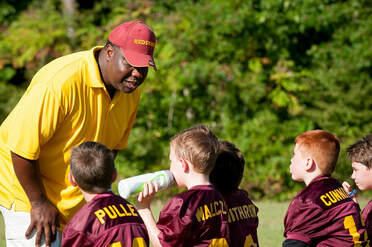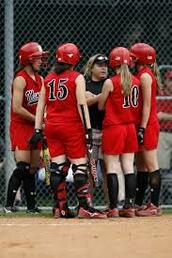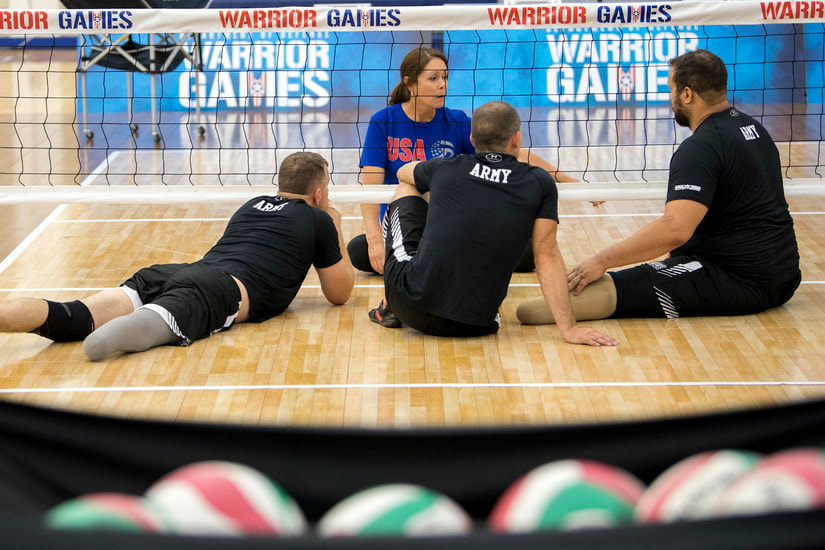|
When advocating for better performance management we ask managers to be a "coach" to their employees, borrowing the term from sports. However, it seems that the sports analogy stops there. For example:
Effective coaching can positively change attitudes, knowledge, behaviours, and performance. Organizations that had highly effective coaching were more likely to have:
Gallup outlined the essentials of coaching as: frequent, focused, and future-focused. That is, coaching should be continuous, have a specific purpose, and should be positive and constructive.
Sports provide us with other potential lessons we, in business, need to learn from:
 So if we truly want our managers to be like sports coaches, what do we need to do? Organizations
Managers
Further Reading and References:
0 Comments
Leave a Reply. |
Archives
November 2020
Categories
All
|



 RSS Feed
RSS Feed
